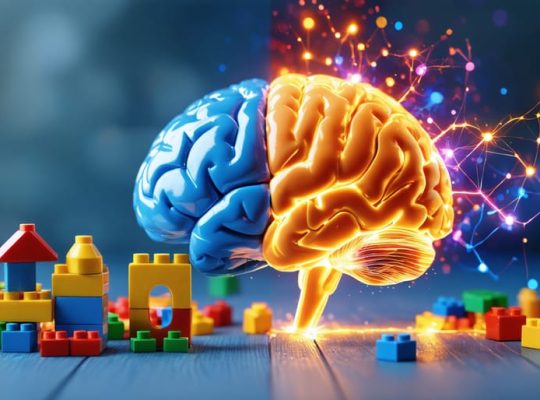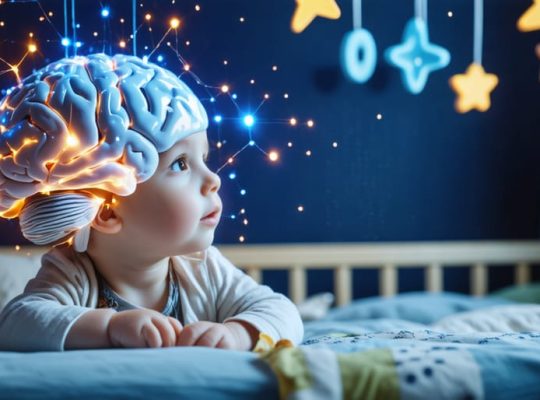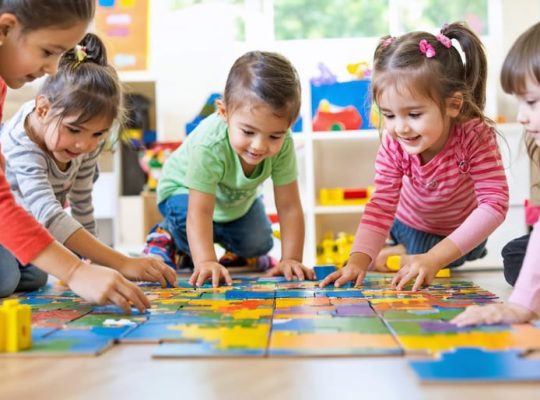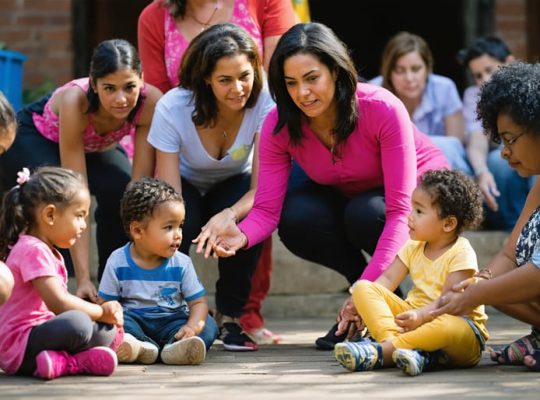Building Childhood Resilience Through Stories: A Parent’s Guide to Psychological Strength
Resilience – our remarkable ability to bounce back from adversity – shapes how children and adults navigate life’s challenges. In psychology, particularly within AP Psychology frameworks, resilience represents more than just “toughing it out.” It’s a complex interplay of cognitive adaptability, emotional regulation, and social support systems that enable individuals to maintain psychological well-being despite stress or trauma.
Understanding resilience through the lens of psychological science reveals why some people emerge stronger from difficulties while others struggle. This dynamic capacity …










